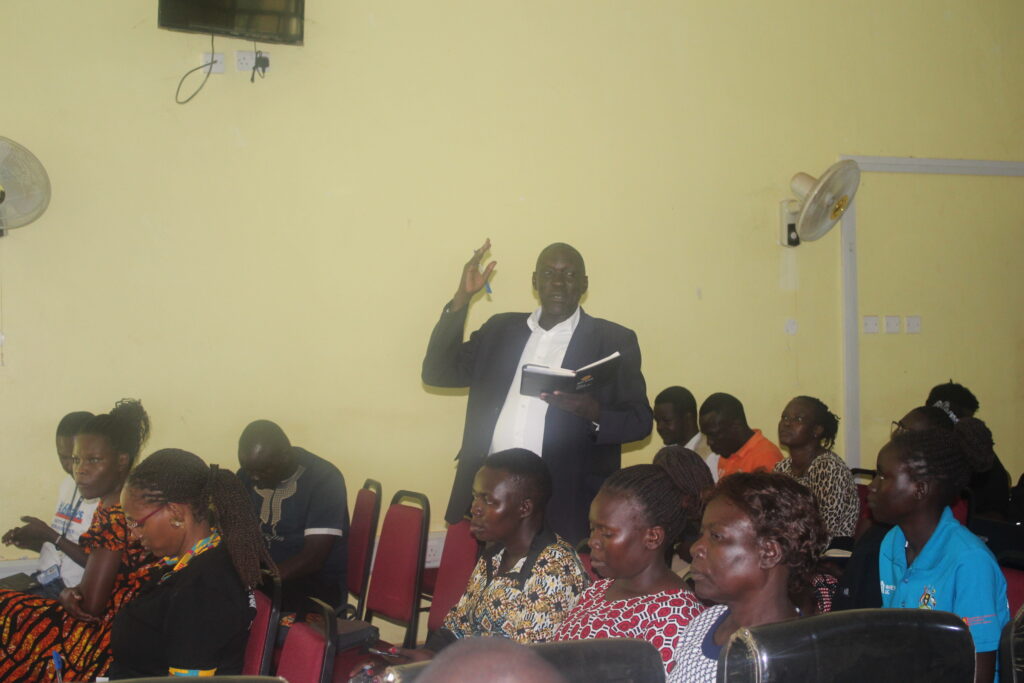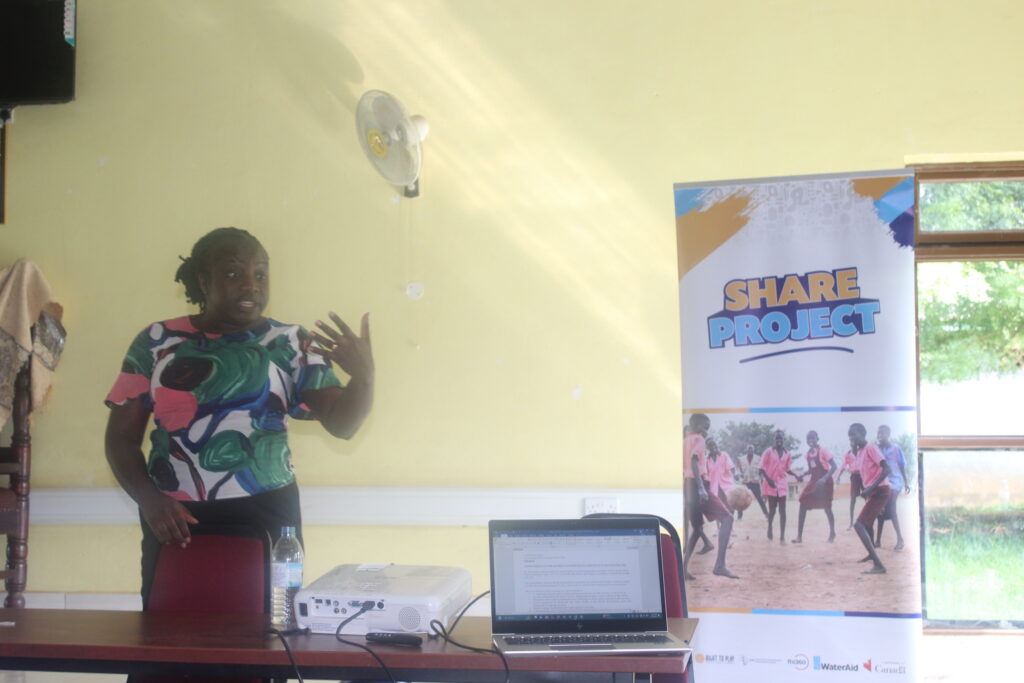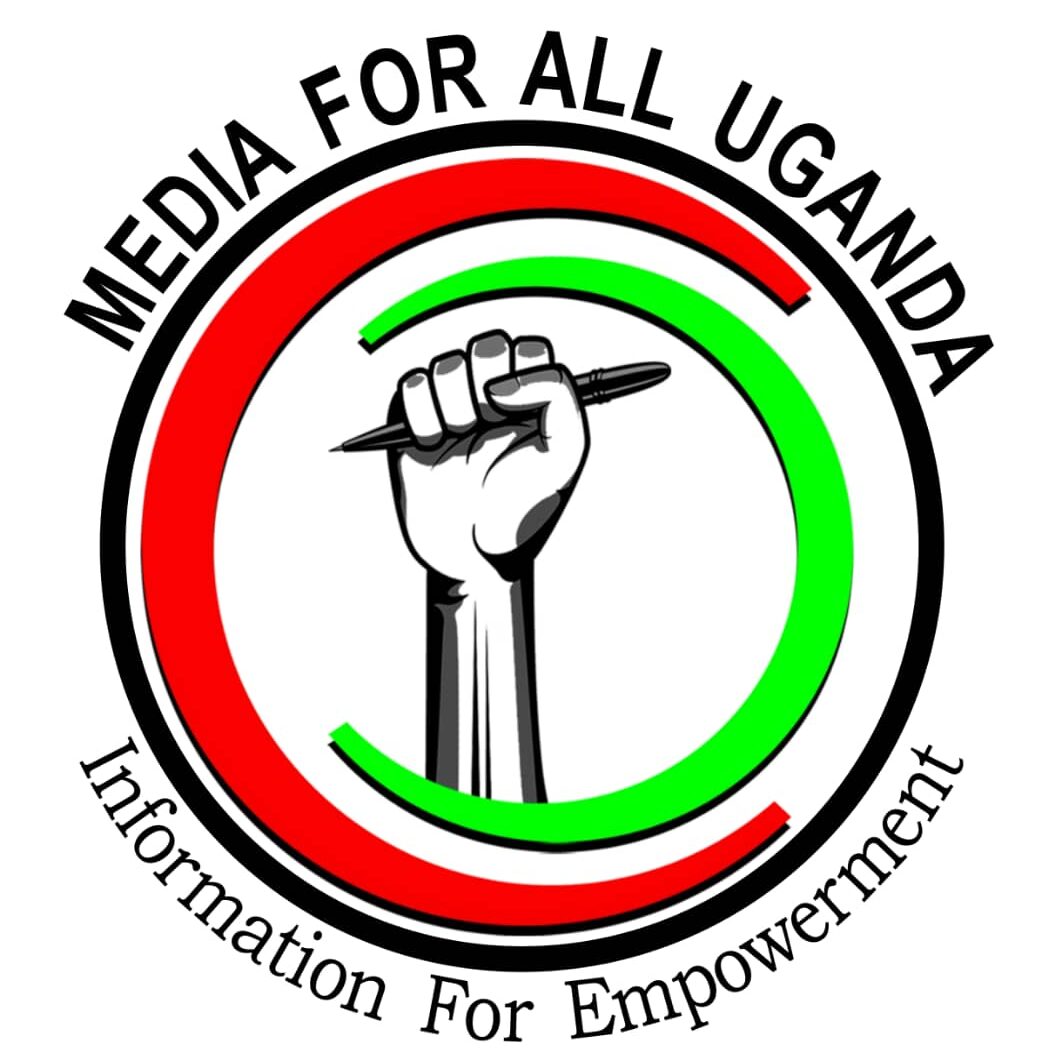STAKEHOLDERS CALL FOR REINFORCEMENT OF SCHOOL-BASED REPRODUCTIVE HEALTH PROGRAMS IN ADJUMANI.
By Bazio Doreen.
Stakeholders in Adjumani District have tasked the District Leadership to reinforce Sexual and Reproductive Health Rights (SRHR) programs in schools to improve social behavioral change campaigns focusing on Adolescents.
The call was made during the Quarter 3 FY 2024/2025 Adolescent Health Coordination meeting at the District Council Hall on 3rd July 2025 convened by the District leadership in Partnership with Right to Play, an NGO operating in the District.
The meeting was attended by district political and technical officers, representatives from Office of the Prime Minister (OPM), United Nations High Commission for Refugees (UNHCR) and Area Managers of NGOs/partners implementing SRHR projects like Lutheran World Federation (LWF), CEFORD, Reach a Hand Uganda (RAHU), and Naguru Teenage Centre (NTC).
Where is the problem?

While addressing the meeting, Dima Robert, the District Education Officer, thanked the SHARE project partners for their interventions in schools especially on life skills and menstrual hygiene. He however added that while this has created some positive impact, there is a lot that still needs to be done because the knowledge gained was being misused especially in refugees’ schools in what he termed as “Hidden Curriculum”.
“Recently, we conducted a monitoring exercise together with the Ministry of Education and Sports and we were disappointed. Children are now having their own curriculum outside the classroom. When you enter the school toilets, you will find writings and drawings on the wall illustrating sex. Our children’s minds are now on sex even when in the classroom,” Dima revealed.
Dima is also worried that the writings don’t stay in the toilets alone but children go on to put the knowledge into practice.
“In some nearby bushes, you will find condoms. Some of them say it is the teachers that use them but we know that our teachers can do better than that,” Dima said in a worried tone.
The toilets don’t only have the ‘Hidden Curriculum’ but are largely dirty with some of them closed. This alone affects SRHR. But what then causes such errant behavior.
According to Lulu Henry Leku, the Assistant District Health Officer in charge of Maternal and Child Health, the errant behavior and vices are mainly due to drug abuse.
“We were told that young people these days use some medicine called ‘Sawu’. I hear that you may not need to smoke it. You can just put it in your socks and you get high,” Leku said in portraying shock and disbelief.
On the other hand, Idia Pauline, the District Focal Person for Reproductive Health, also observed that focus group discussions for the SRHR school programs have become irrelevant and there is a need to promote individual talks with each pupil or student.
“When you talk to the Adolescents in a group. They never pay attention. Some students think that the health clubs are for promoting sex. When you talk to them, they only ask questions related to sex,” Idia revealed.
What can be done?
Dr. Nabwiire Justine, who represented the Ministry of Health, rallied all the stakeholders to play their part because issues of adolescents and young people are multi sectoral in nature and need everyone’s input. She also noted that many families desist to report defilement and rape because they want to protect their family reputation. She also added that providing contraceptives is not enough, health education must always be given and in an appropriate manner.

“We receive Adolescents when things have gone so bad. There is a pregnancy, Gender Based Violence, abortion, rape or defilement. So it takes a lot of boldness to speak up about such things. Many families are never ready for the challenge. Schools are under the Ministry of Education and therefore the District Education Office needs to do more. It is not enough to provide contraceptives. You must educate the young people on not just how to use them and why to use them but the consequences of doing so just like any other user,” Dr. Nabwiire said.

On his part, Dennis Kibwola, the SHARE Project Technical Advisor from FHI 360, said there is a need to strengthen the District Committee on Adolescent Health and partners need to commit resources to address the challenges. At school level, Dennis said there is a need to limit what is discussed in biology class and integrate it with SRHR and teachers must also be empowered to address psychosocial needs of teenagers. He also tasked the District Education Officer to write to all schools about the findings and the recommendations of the meeting.
Stakeholders also agreed that support supervision, inspection and monitoring in schools should be strengthened, and the out dated Education ordinance reviewed to achieve the required positive shift in social behavior of young people especially those in school.
The meeting was convened under the Sexual Health and Reproductive Education (SHARE) program, funded by Global Affairs Canada, and being implemented by a consortium led by Right to Play, in partnership with WaterAid, the Forum for African Women Educationalists (FAWE) and FHI 360. The 5 year program ending in March 2026 seeks to empower 325,000 adolescents and youth aged 10-24, particularly girls and young women, both in and out of school, to demand better sexual and reproductive health care through a gender-transformative and rights-based approach.
In Adjumani, the SHARE Project is being implemented in 66 Primary schools, 8 Secondary Schools, 43 Health Centres and through four 30 member mentorship cohorts. These all target young people between 10 -24 years.
END.
